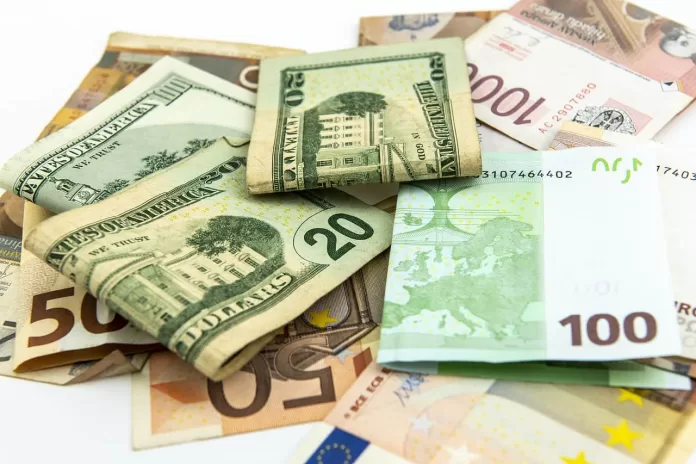As the country struggles to obtain a crucial infusion of IMF funds, the State Bank of Pakistan (SBP) has recorded a slight increase in its foreign exchange holdings (IMF).
The central bank reported that as of the week ended February 17, its reserves had increased by $66 million to $3,258.5 million, providing an import cover of around three weeks. Commercial banks were reported to have $5,468.0 million in net foreign reserves, $2,209.5 million higher than the SBP, bringing the total amount of liquid foreign reserves to $8,726.5 million.
According to the Finance Minister Ishaq Dar, the Board of China Development Bank has approved a $700 million facility for Pakistan, which is expected to give the country’s foreign exchange reserves a considerable boost in the upcoming week. This week, the money might be placed into the SBP’s account.
The Pakistani government has undertaken a number of actions over the past two months in an effort to restart the stalled IMF programme and prevent default. These actions include raising energy costs, enacting additional levies, and letting rupee control lapse.
A supplementary financial law that was adopted by the legislature raises the sales tax on imports of everything from automobiles and home appliances to chocolates and cosmetics from 17% to 25%. Also, the cost of business-class flight travel, wedding venues, cell phones, and sunglasses will increase. The general sales tax was increased from 17% to 18%.
You may also be interested in
In addition, Prime Minister Shehbaz Sharif presented cost-cutting strategies to save $764 million yearly, claiming that sacrifice, austerity, and simplicity are what the times need.
Global credit rating firm Fitch Ratings has twice downgraded Pakistan’s $350 billion GDP in the past four months, citing the country’s declining foreign reserves. According to Bloomberg estimates, Pakistan will refund $542.5 million in coupons this year.
The nation’s dollar bond debt totals $8 billion, with the final payment of $1 billion falling due in April 2051. Around $100 billion of the country’s external debt is obtained via preferential multilateral and bilateral sources.
According to Bloomberg Economics, supply interruptions brought on by flooding, food shortages, and IMF rescue requirements may force inflation to reach its worst level on record in Pakistan. Pakistan also confronts a dollar constraint that puts its external stability to the test, and this minor increase observed in SBP foreign reserves is certainly of no significance at the moment.





